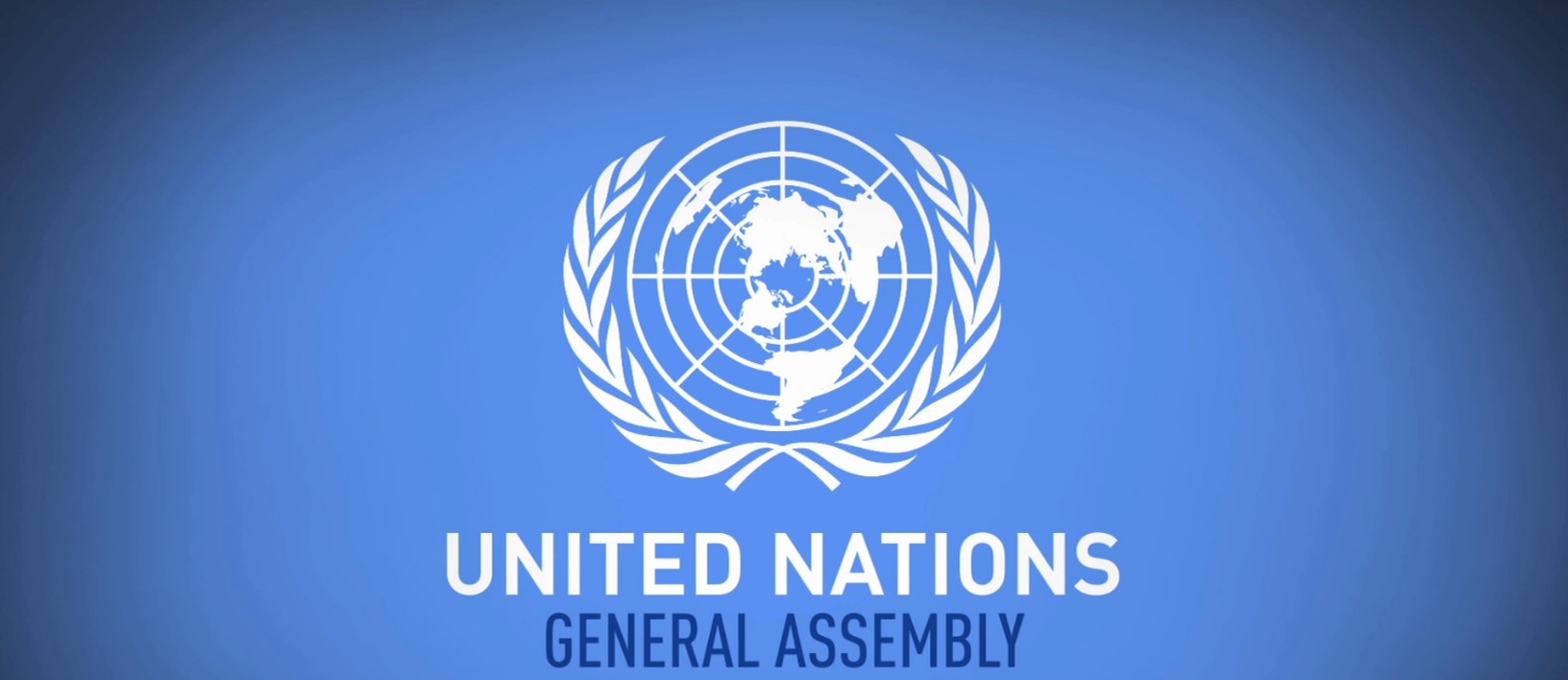The United Nations General Assembly (UNGA) voted overwhelmingly to condemn Russia’s invasion of Ukraine “in the strongest terms”, although Sri Lanka was among the countries that abstained from voting.
Titled “Aggression against Ukraine”, the resolution demanded an immediate halt to the offensive and the withdrawal of all Russian troops. It was backed by 141 of the assembly’s 193 members, with five votes against the resolution and 35 abstentions.
It prompted a standing ovation among delegates who supported the resolution, with Assembly President Abdulla Shahid struggling to read out the result over the long, loud applause which filled the New York chamber.
In asking delegates to vote against the resolution, Russian Ambassador to the UN Vasily Nebenzya said Western countries were putting “unprecedented pressure” on other countries to pass it.
“This document will not allow us to end military activities,” he said.
“On the contrary, it could embolden Kyiv radicals and nationalists to continue to determine the policy of their country at any price, holding peaceful civilians hostage, but not in the figurative sense of the term, but in the literal sense of it.”
This resolution was passed after a rare General Assembly emergency special session was called on Monday (28 February), with proceedings kicking off on Tuesday (1) and continuing on into Wednesday (2).
It’s the first time such a session has been called in decades; the last emergency session was in 1997 during the Israeli-Palestinian conflict.
The UN’s website says those meetings are called when, because of a lack of unanimity of the permanent members, the UN’s Security Council fails to “….exercise its primary responsibility for the maintenance of international peace and security in any case where there appears to be a threat to the peace, breach of the peace, or act of aggression”.
As one of the five permanent members of the Security Council, Russia has a special power called the “right to veto”, which means if it votes against a resolution, it won’t be approved. China, France, the UK, and the US also have these powers.
There are also 10 elected committed members who serve two-year, non-consecutive terms – they get a vote, but can’t veto decisions.
Last Friday (25 February), Russia used its voting powers to block a Security Council resolution demanding that it stop attacking Ukraine and withdraw troops immediately.
The result of last week’s vote was 11-1, with China, India, and the UAE abstaining.
Russia’s veto prompted other delegations to call for the emergency session, which does not allow any vetoing.
Russia held the presidency of the committee for the month of February, but the UAE took over the chair on Tuesday.
India, Ireland, Kenya, Mexico, and Norway will be on the committee until the end of the year, with Albania, Brazil, Gabon, Ghana, and the UAE to remain until the end of 2023.
Unlike a Security Council resolution, a General Assembly resolution does not have the potential to become legally binding. As the UN puts it, they’re “considered to be recommendations”.
However, it does have strong symbolic value and reflects international opinion. UN Secretary General António Guterres said the resolution sent a message “loud and clear” to Russia.
“End hostilities in Ukraine now. Silence the guns now,” he said. “Open the door to dialogue and diplomacy now. The territorial integrity and sovereignty of Ukraine must be respected in line with the UN Charter. We don’t have a moment to lose.”


